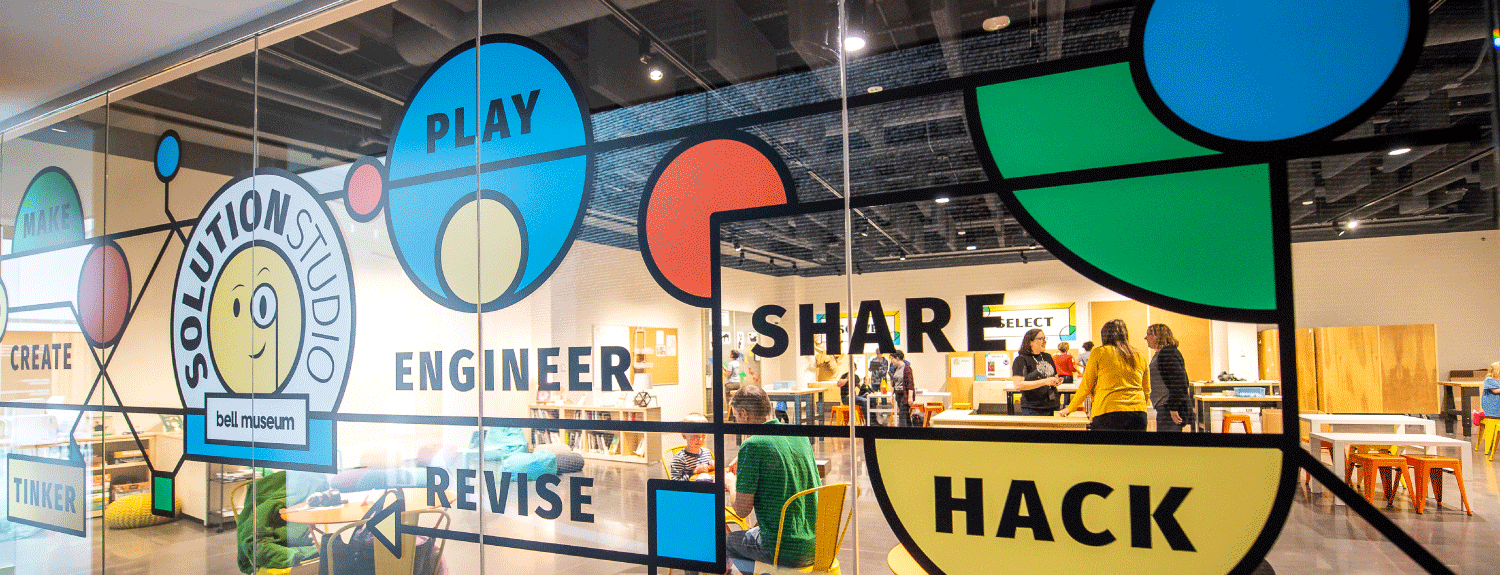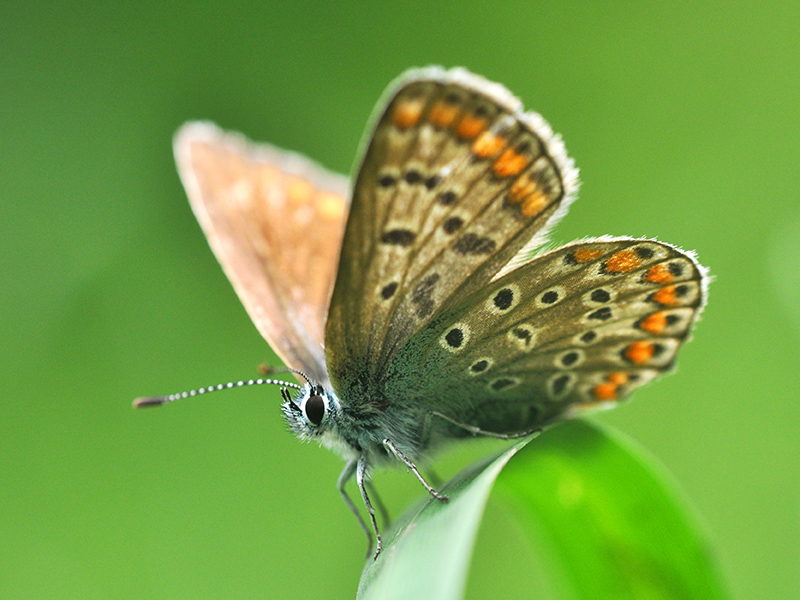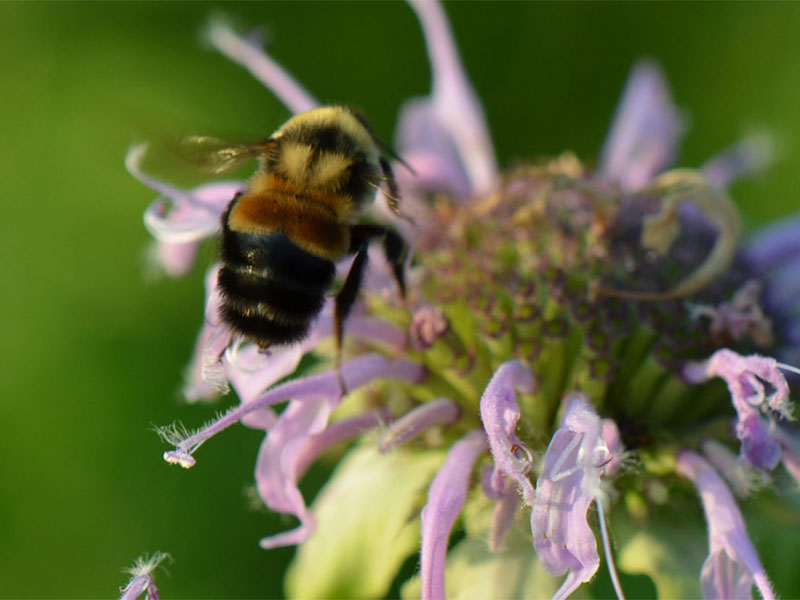
Solution Studio
Solution Studio is back June 16-September 10, 2023!

Scientists use creativity every day. Meet researchers from the University of Minnesota who are using their imagination to solve real challenges facing people and the planet.
After a three-year break, we’re excited to present this opportunity for visitors to explore their own creativity as they learn about how researchers approach challenges and answer questions.
This year, we’re drawing inspiration from the work of researchers associated with the MSP Urban Long Term Ecological Research project (MSP LTER). This diverse, interdisciplinary team is studying how urban nature works. At a range of sites around the Twin Cities, they’re examining how urban stressors affect the structure and functioning of nature, focusing on pollinators, urban forests, urban watersheds, and lakes and streams. They are also studying how residents of cities interact with nature near them, and how the benefits and risks of urban nature are not experienced equally by all residents. The Bell Museum is a partner in the MSP LTER, acting as lead for education and outreach.
Featured Research

Ecological Impacts of Urban Contaminants
Reveal Hidden Information
City living can mean special problems for plants and animals. For example, urban contaminants may be absorbed by plants, and by caterpillars that eat them, affecting the health of butterflies as they grow up. Biologist Lindsey Kemmerling and others working in Emilie Snell Rood’s lab collaborate with communities to restore habitat and protect biodiversity. Their research depends on bringing hidden information to light. When you visit the Solution Studio, you can color your own special butterfly and analyze it to reveal hidden information.

Functioning of Urban Watersheds
Plan for Flow
Hydrologist Xue Feng studies the way that plants help move water through cities. Students in her lab are building equipment to monitor how quickly water flows around and through trees, to learn how much water is available for city plants. Planners can use this information to increase the health of urban trees and use water more efficiently. Can you plan a landscape to move a “water” marble from the Bell Museum to the Mississippi River?

Impacts on Urban Lakes, Streams, and Ponds
Sample Water Quality
Urban lakes, streams, and ponds can support wildlife. But waterways need balance to stay healthy. With other researchers in Jacques Finlay’s lab, ecologist Ben Janke studies urban waterways, often making his own devices to collect samples. Can you build a tool with found objects that will let you take a sample from our in-gallery pond?

Ecological Impacts of Urban Contaminants
Collect Contaminants
Graduate student Charlotte Devitz is working to understand the impacts of urban environments on animals. She traps squirrels to test their exposure to pollutants like microplastics, observing their behavior before releasing them. Her goal is to learn how city conditions impact squirrel health and behavior. Think like a squirrel as you forage for food! Race your friends to collect acorns and leave the microplastics behind.

Advocacy in Environmental Policies and Practices
Pollinator Lawn Survey
Researchers Meghan Klasic and Kristin Nelson are leading a project to understand preferences around neighborhood lawns and pollinator-friendly options. When you visit the Bell Museum, take their survey comparing three different lawn treatments on our Learning Landscape. And watch as those lawns mature and grow over the next two years!



